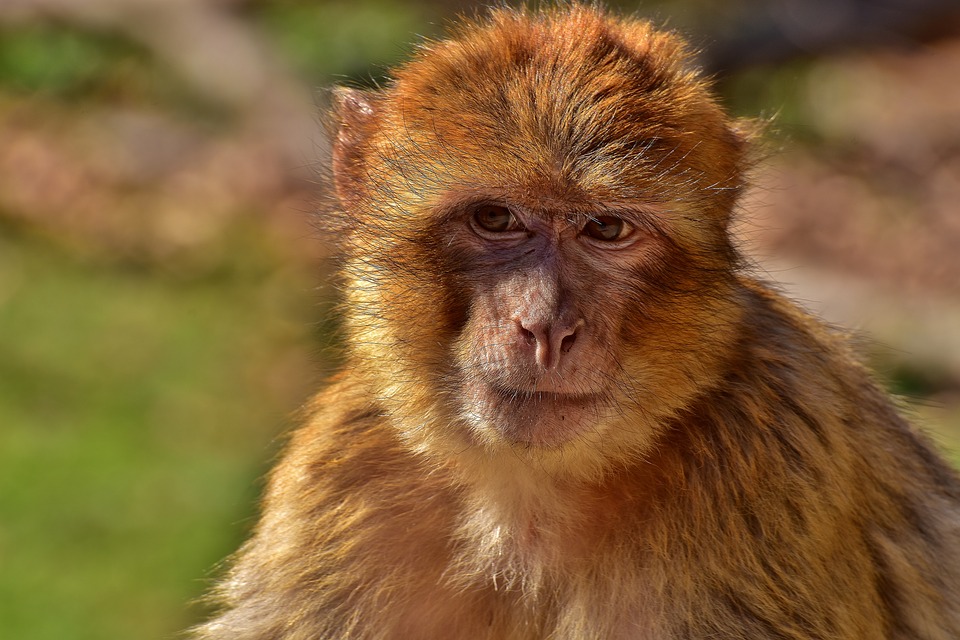25 genes to make humans long-lived primates
25 genes to make humans long-lived primates
Recent research by a collaborative research network including researchers in Spain and the UK has found 1 25 genes that seem to be responsible for making humans the primates with the longest life spans (sometimes going up to 120 years). These genes show parallel mutations in genes related to wound healing, blood coagulation and cardiovascular disorders; and they might hold the key to the acquisition of our extended life span.

In this study, DNA samples from 17 different species of primates were under scrutiny. Of all those species, only 3 (among them humans) had longer lifespans than the common primate ancestor, which proves that this evolutionary change is the result of a relatively fast and recent process.
The comparison of the DNA of these 3 long-lived primate species to their other 14 short-lived cousins showed differences in the aforementioned 25 genes, which suggest that the contribution of these genes was vital to allow for primate life extension.
That these genes appear to be related to coagulation, wound healing and cardiovascular disorders makes sense since a good control of blood coagulation is necessary to allow for a longer life. Furthermore, the results of the study show a pleiotropic effect of mutations, that is, that a mutation has a different effect depending on the organism life-stage, and what can be good for development might be detrimental/senescent after reproduction.
The team also analysed the rates of protein mutation along the phylogenetic primate tree, and they found that some genes, particularly related to cardiovascular pathways, exhibit strong correlations between their evolutionary rates and longevity-associated traits. This second result comes to support the hypothesis that fast mutation in blood-related genes was key to human life extension.
Another side-effect to this discovery is the potential of these 25 genes to become therapeutic targets to treat age-related diseases, such as cardiovascular disease.
References
- Muntané, G.; Farré, X.; Rodríguez, J.A.; Pegueroles, C.; Hughes, D.A.; de Malgalhaes, J.P.; Gabaldón, T. And Navarro, A. (2018) Biological porcesses Modulating Longevity across Primates: A Phylogenetic Genome-Phenome Analysis. Molecular Biology and Evolution, doi: 10.1093/molbev/msy105 ↩
2 comments
[…] To know more about this study and its results, go to Mappingignorance.org […]
[…] read more […]